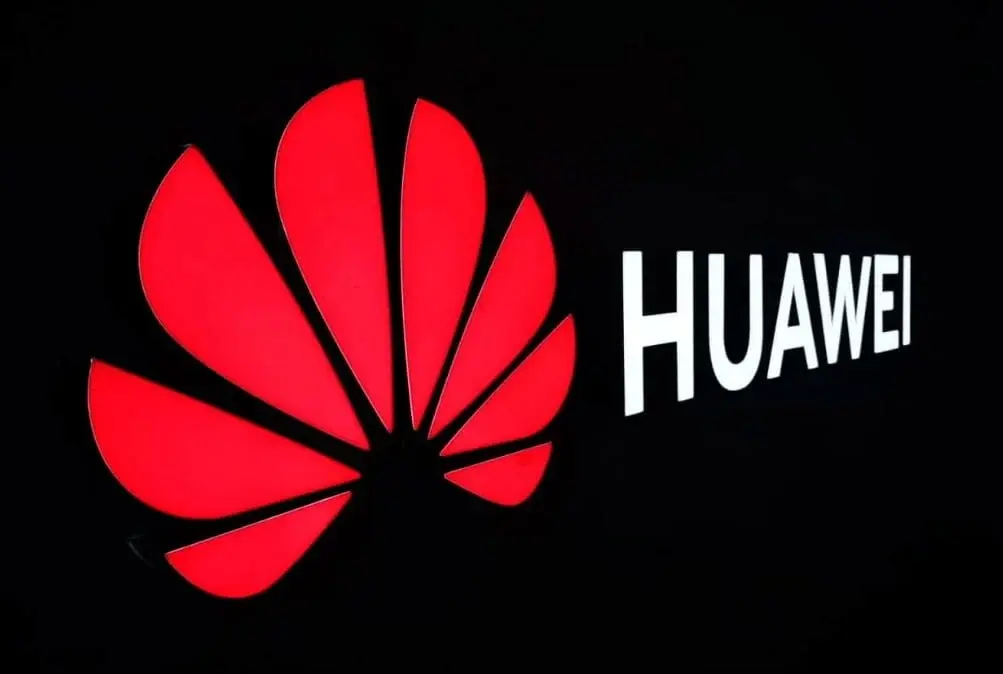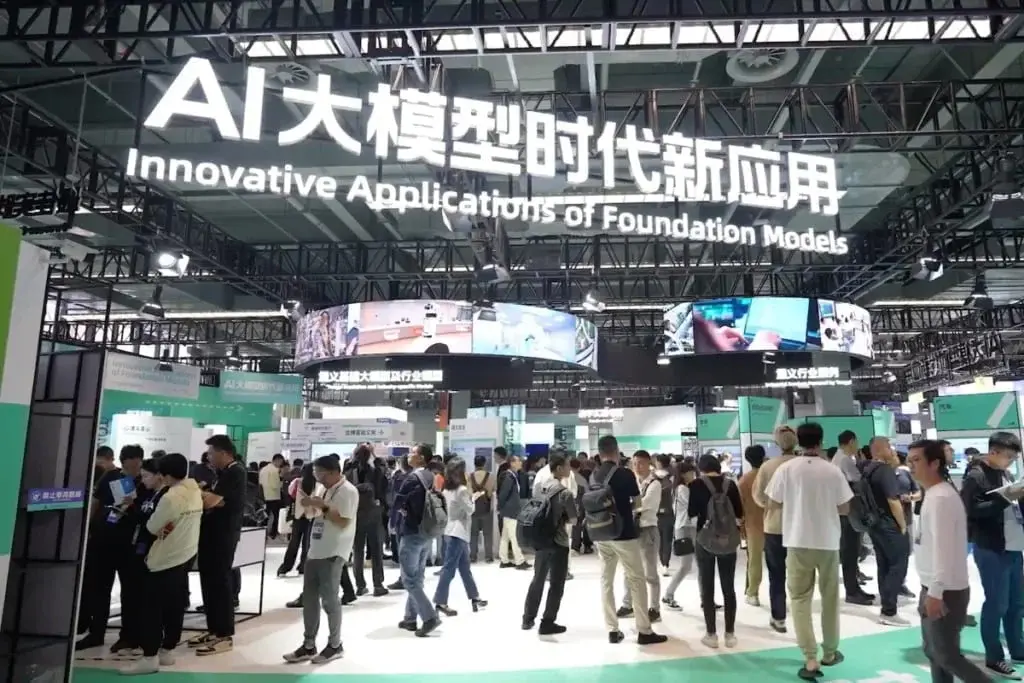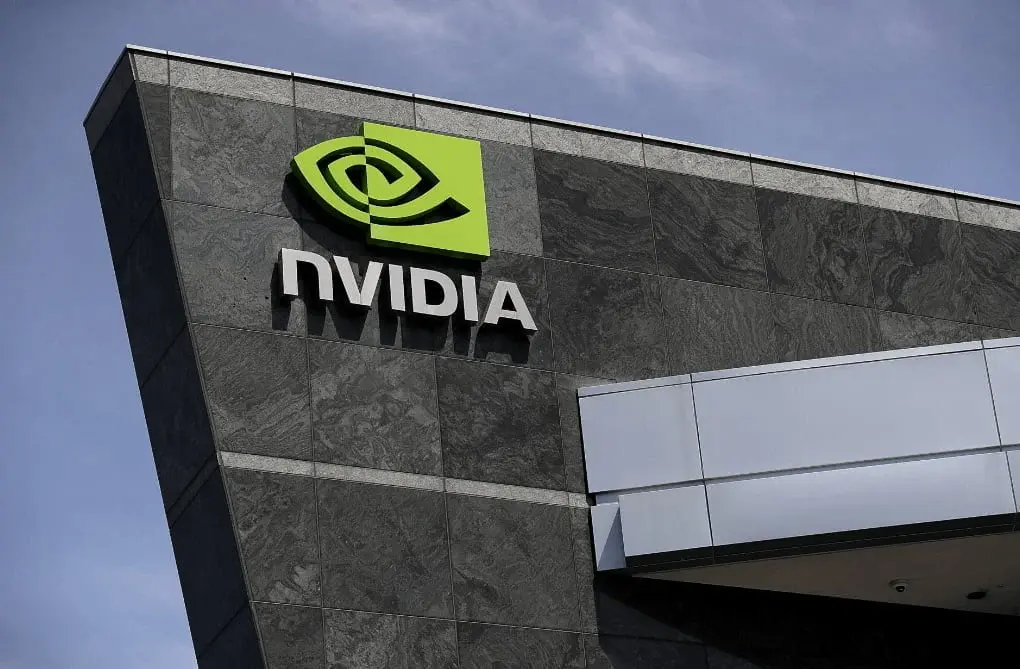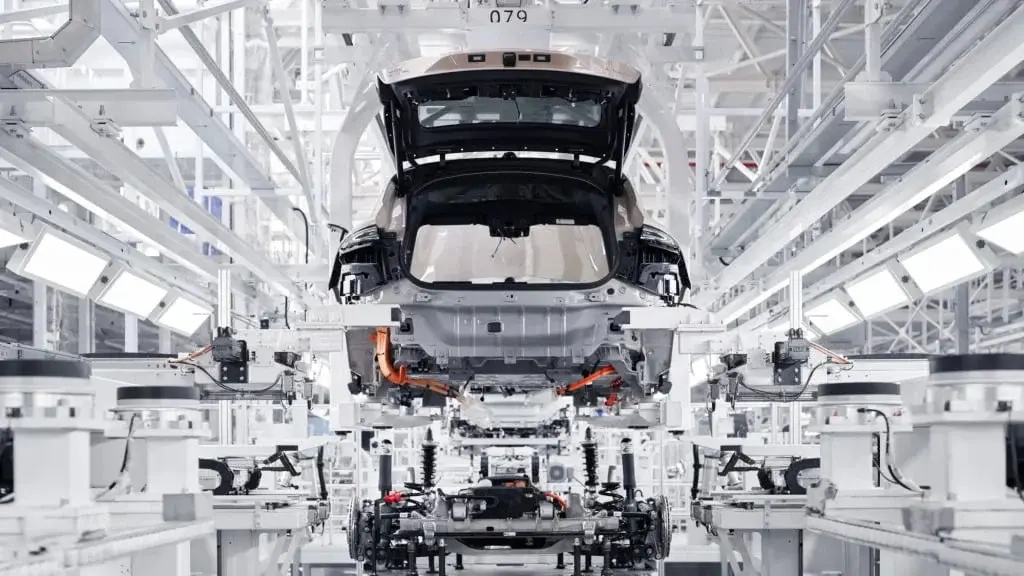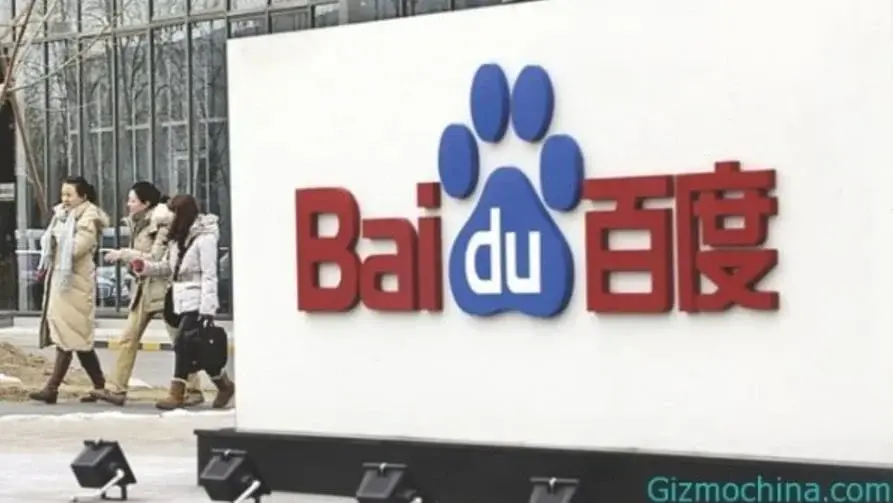Google Enhances On-Device AI Capabilities with Update to Pixel 8 Pro
Google has released a unique update for the Google Pixel 8 Pro, focusing on enhancing the on-device AI capabilities. The update specifically targets the AI Core app, which powers the AI-driven functionalities directly on the device, eliminating the need for cloud servers and an internet connection.
Update Details
The recent update, which takes the AI Core app from version 0.release.539035001 to 0.release.582652206, is designed exclusively for the Pixel 8 Pro (codenamed “husky”). Pixel devices have included a placeholder for AI Core since the initial Android 14 update.
Automatic Download
If you own a Pixel 8 Pro, the update should have already been downloaded automatically onto your phone. While the average user may not directly interact with the AI Core app, it significantly enhances the overall user experience on the Pixel 8 Pro.
Future Availability
Currently, this update is reported to be exclusive to the Pixel 8 Pro. However, it is expected to make its way to the Pixel 8 and potentially older Pixel devices with Tensor chips in the near future.
Potential Applications
The update to the AI Core app brings several notable applications of the latest foundation models. These applications may include the implementation of features like ‘Zoom Enhance’ or making Magic Eraser work more swiftly. Samsung has also confirmed the addition of similar capabilities to its upcoming flagship, the Galaxy S24 series, referring to it as an ‘AI Phone.
In conclusion, Google’s update to the AI Core app for the Pixel 8 Pro enhances the on-device AI capabilities and improves the user experience. While currently limited to the Pixel 8 Pro, it is expected to expand to other Pixel devices in the future. The update brings exciting potential applications, making the Pixel 8 Pro a powerful device for AI-driven functionalities.


